
Researcher @ StockholmUni + Donders + Swedish Collegium
environment effects -> cognitive and neural dev
Come check out my poster tomorrow [LBP078], Saturday from 14-15, on how wildfire smoke exposure impacts adolescent cognitive and neural trajectories! #SfN25 #SfN2025
eppro02.ativ.me/appinfo.php?...
#SfN25

Come check out my poster tomorrow [LBP078], Saturday from 14-15, on how wildfire smoke exposure impacts adolescent cognitive and neural trajectories! #SfN25 #SfN2025
eppro02.ativ.me/appinfo.php?...
#SfN25
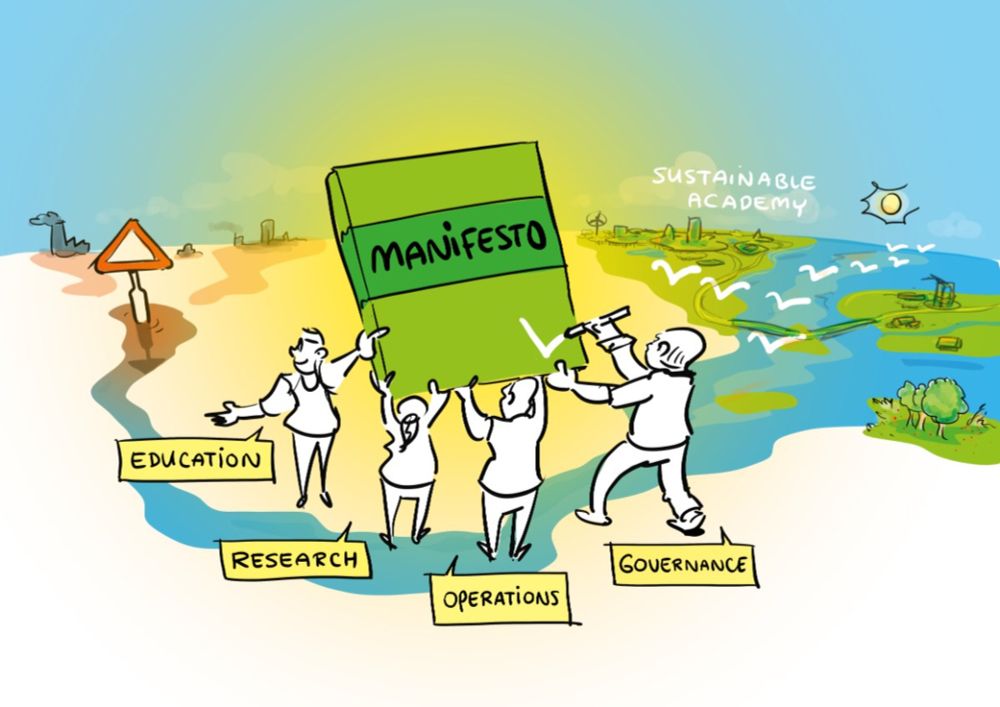

From Maps to Models: A Survey on the Reliability of Small Studies of Task-Based fMRI | bioRxiv www.biorxiv.org/content/10.1...
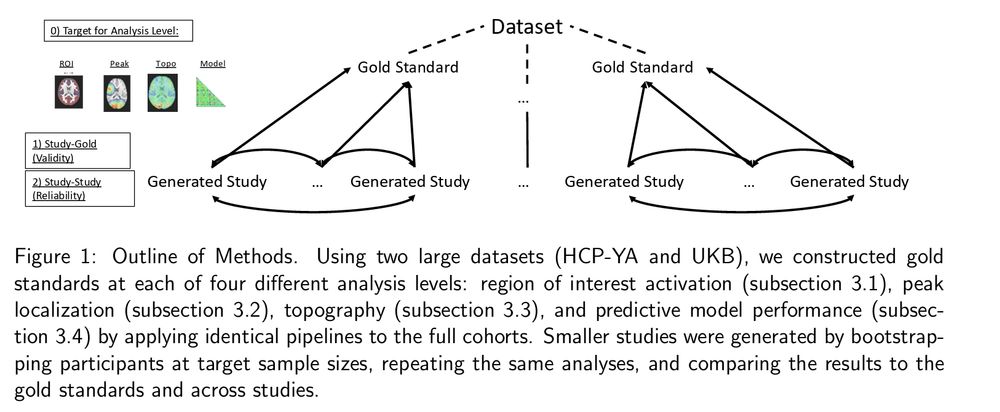
From Maps to Models: A Survey on the Reliability of Small Studies of Task-Based fMRI | bioRxiv www.biorxiv.org/content/10.1...
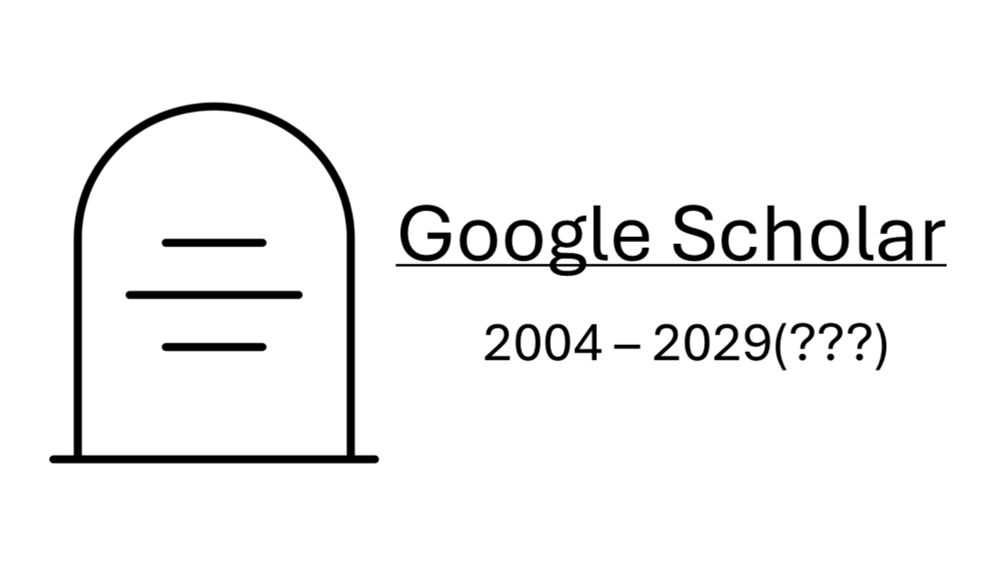
srcd.onlinelibrary.wiley.com/doi/10.1111/...
(preprint: osf.io/preprints/ps...)
What is LEVANTE? 🧵

srcd.onlinelibrary.wiley.com/doi/10.1111/...
(preprint: osf.io/preprints/ps...)
What is LEVANTE? 🧵
or
Illusory Traits 2: Revenge of the Slopes
Led by Siling Guo, with Nicolas Hübner, Steffen Zitzmann, Martin Hecht, and Kou Murayama.
Comments welcome!
osf.io/preprints/ps...
or
Illusory Traits 2: Revenge of the Slopes
Led by Siling Guo, with Nicolas Hübner, Steffen Zitzmann, Martin Hecht, and Kou Murayama.
Comments welcome!
osf.io/preprints/ps...
I am taking a note of journals that take over a month for the desk 📖
It is also a unusual situation where pretty much everything has been already reviewed at eLife on our Neuro paper (click for open reviews), now the sample size is just substantially larger.
I am taking a note of journals that take over a month for the desk 📖
It is also a unusual situation where pretty much everything has been already reviewed at eLife on our Neuro paper (click for open reviews), now the sample size is just substantially larger.
psycnet.apa.org/record/2025-...
psycnet.apa.org/record/2025-...
ANS and spatial skills are the same thing!
doi.org/10.31234/osf...
We aimed to explore how the Approximate Numbers Sense (ANS) and spatial skills related over time, but instead found that they are the same underlying construct.
ANS and spatial skills are the same thing!
doi.org/10.31234/osf...
We aimed to explore how the Approximate Numbers Sense (ANS) and spatial skills related over time, but instead found that they are the same underlying construct.
What sets 'good' description apart from 'mere' description?
We develop a framework for evaluating descriptive research, whether we are doing it as scholars or assessing it as readers.
Two main contributions...
🔗📄 tinyurl.com/gooddesc
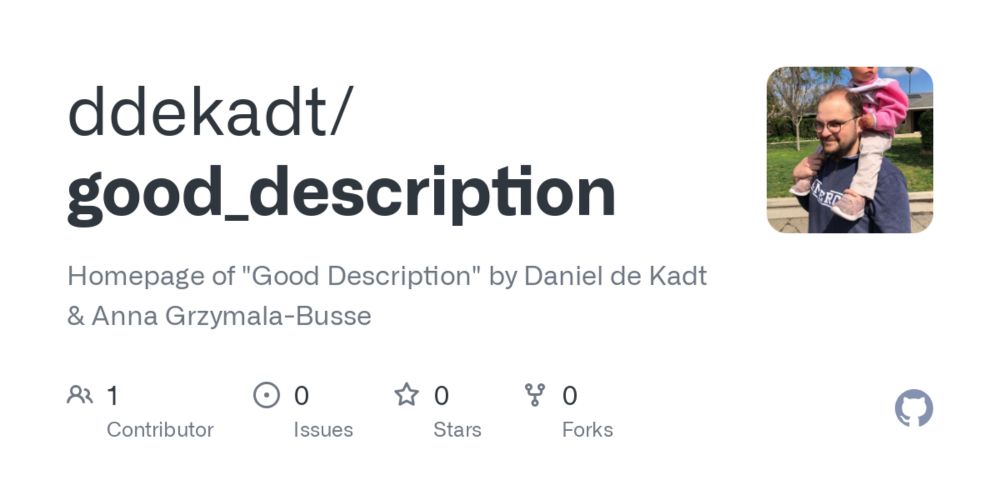
What sets 'good' description apart from 'mere' description?
We develop a framework for evaluating descriptive research, whether we are doing it as scholars or assessing it as readers.
Two main contributions...
🔗📄 tinyurl.com/gooddesc
direct.mit.edu/rest/article...

direct.mit.edu/rest/article...
A new Marie Skłodowska-Curie Actions Postdoctoral Fellowships 2025 call is now open.
With a budget of €404.3 million, it will support around 1,650 researchers from Europe and beyond.
Apply by 10 September → europa.eu/!fBTMgF
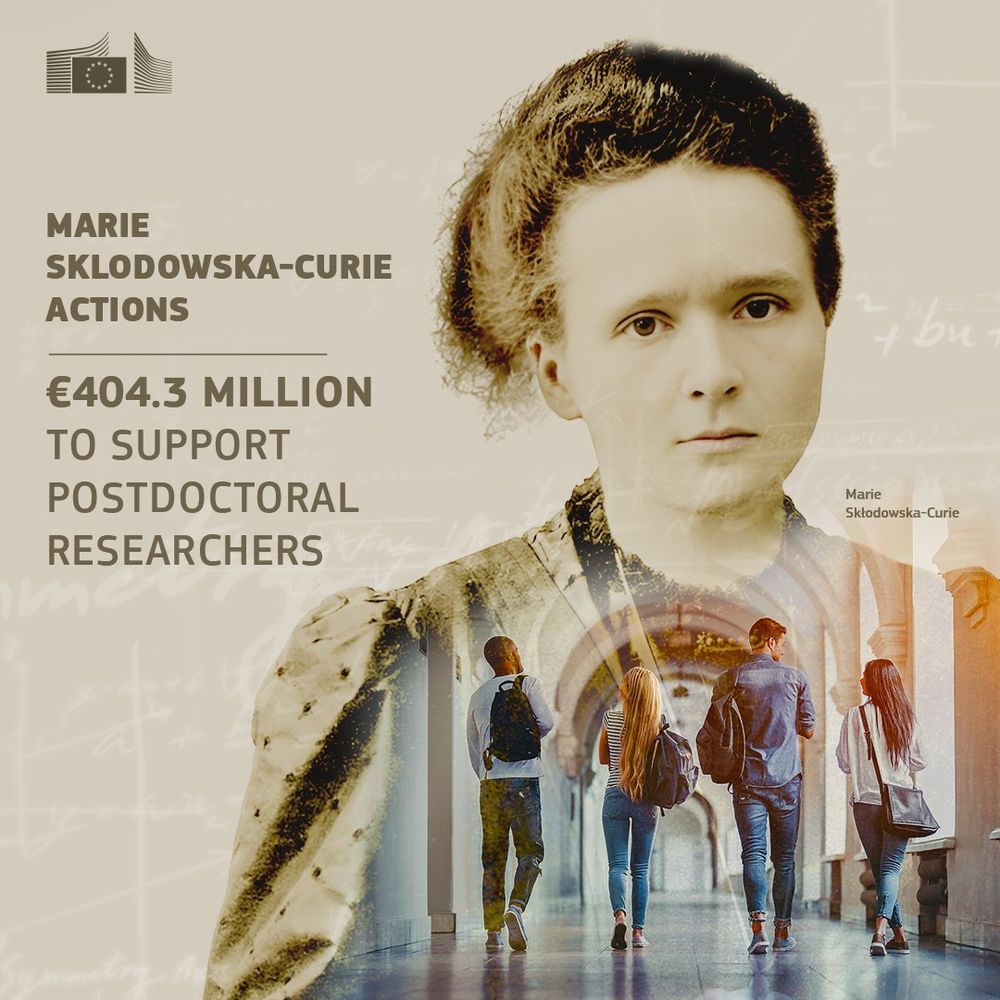
A new Marie Skłodowska-Curie Actions Postdoctoral Fellowships 2025 call is now open.
With a budget of €404.3 million, it will support around 1,650 researchers from Europe and beyond.
Apply by 10 September → europa.eu/!fBTMgF
doi.org/10.1017/pan....
doi.org/10.1017/pan....
www.nature.com/articles/s41...

www.nature.com/articles/s41...
While boys and girls scored similarly, a striking education gradient emerged:
🎓 Children of Master's-educated parents mostly scored above the mean
🧑🔧 Children of lower-secondary educated parents mostly scored below the mean
doi.org/10.31234/osf... 🧵

While boys and girls scored similarly, a striking education gradient emerged:
🎓 Children of Master's-educated parents mostly scored above the mean
🧑🔧 Children of lower-secondary educated parents mostly scored below the mean
doi.org/10.31234/osf... 🧵
📊 Guide to Effect Sizes and Confidence Intervals dx.doi.org/10.17605/OSF...
🔗 matthewbjane.quarto.pub/guide-to-eff...

📊 Guide to Effect Sizes and Confidence Intervals dx.doi.org/10.17605/OSF...
🔗 matthewbjane.quarto.pub/guide-to-eff...
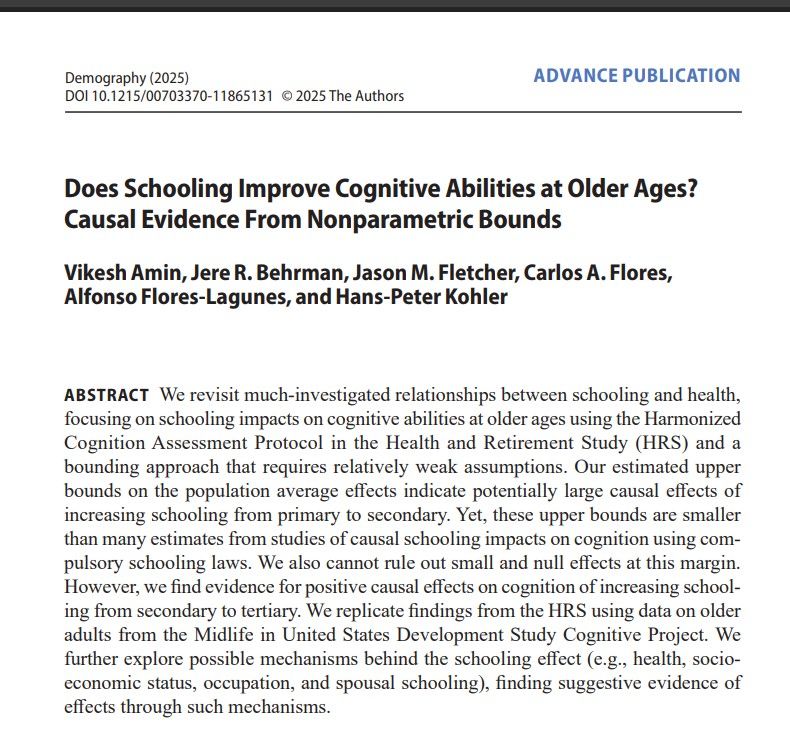
Read more: theatln.tc/1P6gPreS
Read more: theatln.tc/1P6gPreS
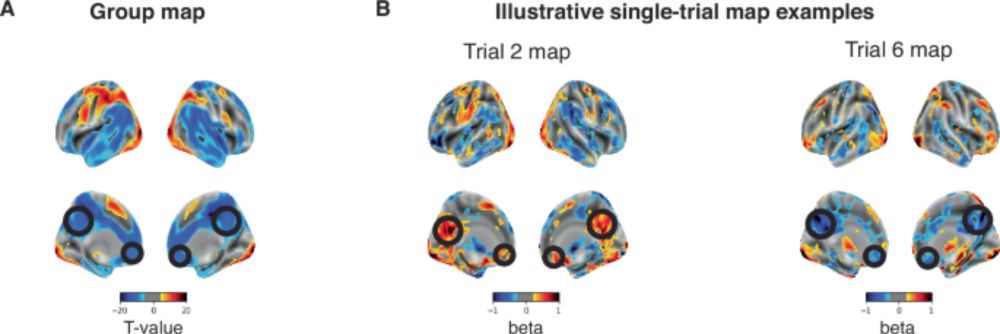

www.biorxiv.org/content/10.1...
Each of us perceives the world differently. What may underlie such individual differences in perception? Here, we characterize the lateral prefrontal cortex's role in vision using computational models ... 1/
🧠📈 🧠💻

www.biorxiv.org/content/10.1...
Each of us perceives the world differently. What may underlie such individual differences in perception? Here, we characterize the lateral prefrontal cortex's role in vision using computational models ... 1/
🧠📈 🧠💻

